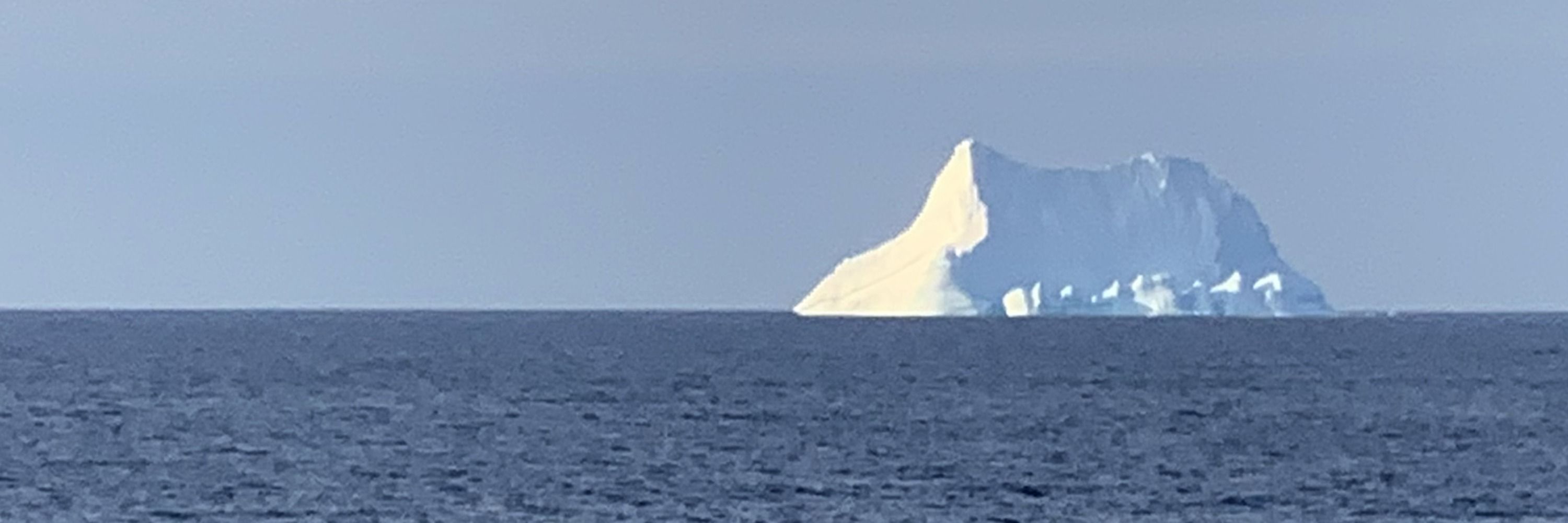
these guys aren't joking, these are exactly the type of people who will steer their movement towards increasingly heinous actions
these guys aren't joking, these are exactly the type of people who will steer their movement towards increasingly heinous actions
when an ice stream advances out to cont. shelf edge, leading to isostatic subsidence (and RSL rise), does the ice front 'lift off' the grounding zone? or, are those processes at different timescales?
when an ice stream advances out to cont. shelf edge, leading to isostatic subsidence (and RSL rise), does the ice front 'lift off' the grounding zone? or, are those processes at different timescales?

